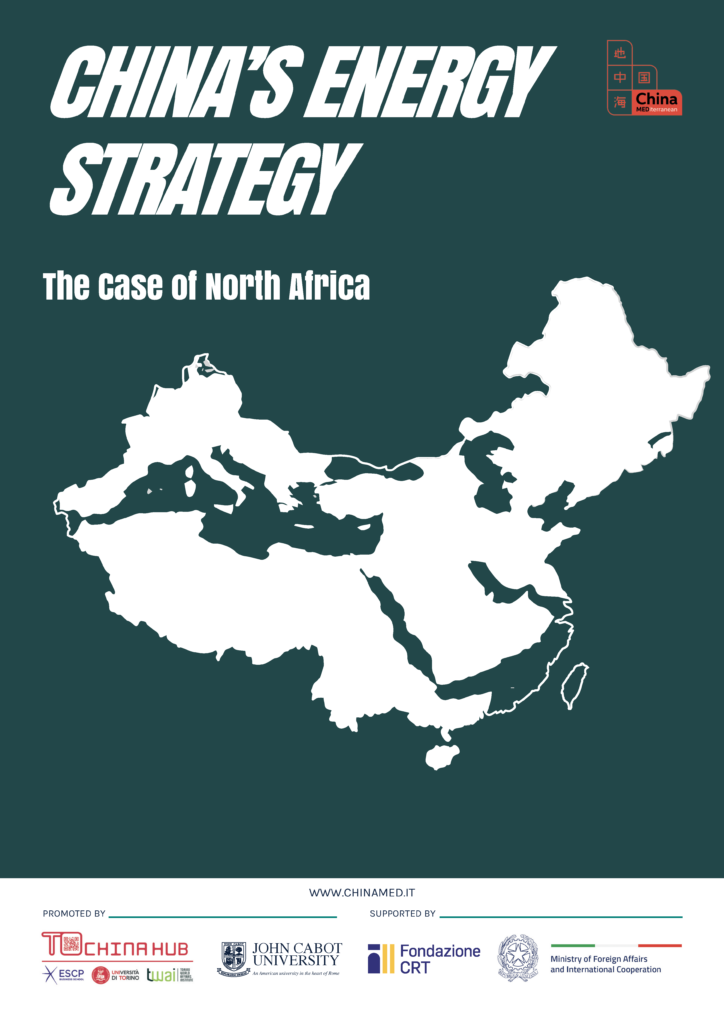
China’s role in North Africa’s energy sector is undergoing a transformation. Once primarily focused on oil imports, Beijing is now expanding its engagement to include a growing emphasis on green energy. This shift reflects both China’s domestic pivot toward renewables and North Africa’s urgent need for energy diversification and climate resilience.
Since the 1990s, China’s energy policy has evolved dramatically. After becoming a net oil importer in 1993, the country began investing heavily in foreign energy partnerships. Domestically, China has moved from a dependency on coal toward a more diversified energy mix, underpinned by major legal and institutional reforms, rapid technological advancements, and a drive to lead in global renewable markets, especially in wind, solar, and hydropower. As China’s oil demand levels off, its international energy strategy increasingly prioritizes clean energy cooperation.
In North Africa, although China’s overall energy footprint remains smaller than that of Europe, its presence is steadily expanding, particularly in countries with clear energy transition strategies and conducive investment environments. In Egypt, Chinese firms are leading major solar and wind energy projects. In Morocco and Tunisia, partnerships in renewable energy and green technology manufacturing signal strategic alignment with national decarbonization goals. By contrast, Algeria and Libya, despite their vast energy potential, present more challenging environments due to governance issues, opaque regulatory systems, and political instability. In these contexts, Chinese companies have adopted a cautious, selective approach, engaging in limited fossil fuel and renewable ventures while avoiding large-scale commitments. Overall, China’s engagement in North Africa is nuanced and varies significantly across the region. Its approach is shaped by each country’s institutional capacity and political risk profile. For deeper cooperation to materialize, North African governments will need to ensure transparent regulations, predictable investment frameworks, and credible clean energy transition plans, conditions under which China is more likely to expand its role significantly.
Download

Corso Valdocco 2, 10122 Torino, Italy
Sede legale: Galleria S. Federico 16, 10121 Torino
Copyright © 2026. Torino World Affairs Institute All rights reserved
